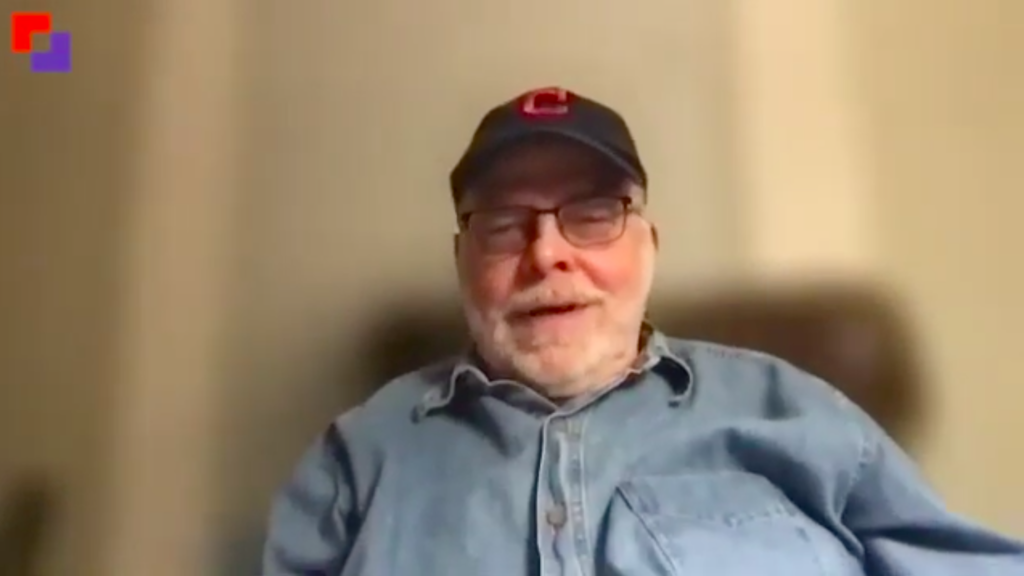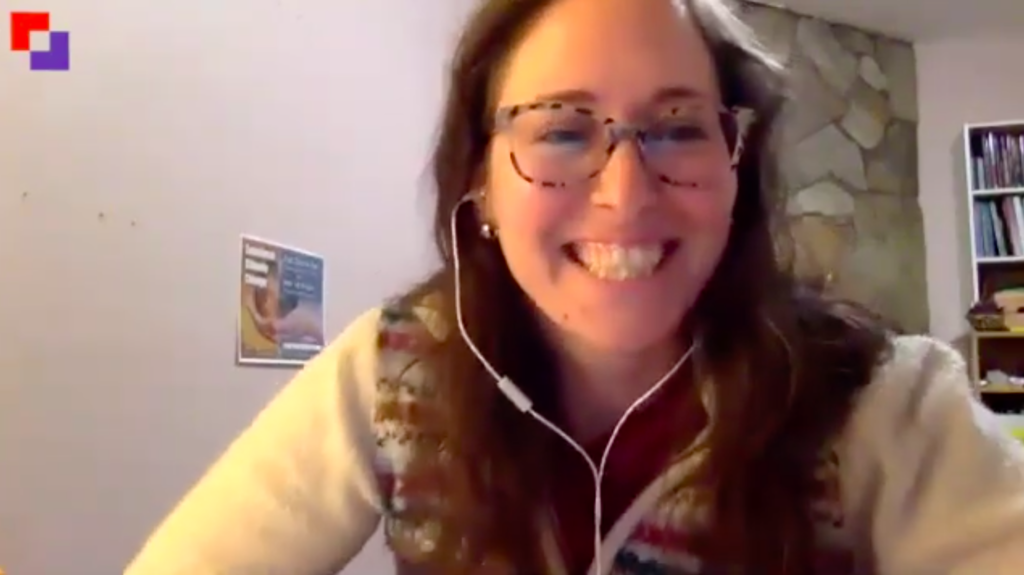What’s Inside
- Human ingenuity: Are we not using the tools we already have to combat climate change or do we need a “silver bullet” idea?
- What alternative forms of energy could we use in the place of fossil fuels?
- Nuclear
- Renewable energy technology
- Would a carbon fee + dividend allow for better consumption regulation?
- Is our consumption mindset to blame for climate change?
Talking about climate change has proven extremely difficult in our current political reality. Often, participants get so caught up in traditional talking points about what it is or the degree of risk it poses to our society that it’s hard to turn the conversation to what might fix things.
In a unique way, the debate’s central resolution — Human Ingenuity will Overcome Climate Change — inspired participants to consider concrete, actionable solutions even without full agreement on the scope of the problem. From putting a price on carbon to rethinking the tools we already have, participants considered a range of options.
“There are a number of books showing that we have the technology to deal effectively with global warming now using current technology,” said speaker David Froba. While he usually finds himself on the “yes” side of debates such as this one, he spoke against this resolution because he feels that as a society, we already have the tools we need to combat climate change, but we aren’t using them to their full potential.
“The problem is we’re not using the technology; we’re just diddling around the things like bike lanes, biofuels, and recycling our cans and bottles, things that make us feel good and do very little to solve the problem,” he said.
Other speakers shared Froba’s skepticism of some of the small-bore interventions, but didn’t agree with him that technology was likely to prove a silver bullet. Speakers in the negative of the resolution focused on cutting back our use of energy and making big changes to our way of life, rather than finding a new way to keep living as we have.
But Dr. Beth Malow saw more hope in scientific advances. In her speech in the affirmative on the central resolution, she reflected on scientists who have closely impacted her life: her father, who worked on the Manhattan Project in the 1940’s, and her son, a chemical engineering student who set up a carbon-capturing unit in his room over the summer. This experience led Beth to believe in the power of human ingenuity.
Other participants made strong arguments for economic changes that could thwart the climate crisis. Two speakers proposed a carbon fee and dividend, including Ray English, who spoke in favor of a group that promotes a carbon fee and dividend plan. This plan includes three key steps: a steady increase in fees on fossil fuels, dividends back to households, and import fees on products developed in countries without carbon fees to discourage businesses from exporting labor to places where they can pollute more. “It is bipartisan, it is market-based, and it will promote international cooperation,” Ray said.

A more hotly contested idea discussed in the debate was the use of nuclear energy as a replacement for fossil fuels. Participants early in the debate had favorable opinions of nuclear energy, upholding it as a necessary technology that has come a long way. In contrast, speaker Shel Horowitz was not a fan.
When participants asked why, Shel detailed past horrors of nuclear power plants, from giants like Chernobyl to lesser-known accidents.
“It’s not safe, it’s highly polluting, it’s radioactivity,” Shel said. “We all know that that’s not really good for the soul, or the body.”
Nuclear was not the only type of power discussed. Speaker Kay Halpern leaned on her experience working in international affairs on U.S. exports of renewable energy technology in explaining other options.
“Since then, those technologies have dramatically improved and the cost … [has] come way down and innovation continues in terms of power generation,” Kay said.
In a similar spirit of creative thinking, speakers offered many different options for change. These ideas included:
- Recalibrating our food supply system and land use
- Carbon sequestration
- Switching to electric cars
- Heating and cooling homes with electric instead of gas or coal
- Trying meat alternatives and dairy alternatives
- Selling investments in fossil fuels
- Investing in green energy
While others focused on developing new methods to support our current way of life, speaker Yael Finer argued in favor of changing our consumption habits themselves, emphasizing the disconnect between everyday people and nature, as well as our alienation from the products we consume every day.
“The mindset that gets us to this place is that we need more, that what we have is not enough, that what we are is not good enough,” Yael said.

Speaker Catherine Furlani echoed this point, upholding a need to shift from a “process-oriented” society, to a “people-oriented” one. In this change, Catherine explained a need for sacrifice.
“As individuals, as communities, as a nation, we have to be willing to face the fact that the change that we need to make is going to require sacrifice. And that to me in a lot of ways, is the very nature of life, I mean what do we have if we’re not willing to sacrifice for one another,” said Catherine.
At some debates, there is wide disagreement about whether an issue requires action. Here, all speakers were united in the need for at least some action. In a succinct example of our current situation, Clif Swiggett imagined an ocean liner headed for a dangerous reef that would mean certain death for all of the passengers. In this example, he said it was time for our society to “take the wheel” and change our course.
“We need to take purposeful action individually and at every level of society to prioritize and address this climate crisis and, like steering that ocean liner, we need to act now, before it’s too late,” Clif said.





3 thoughts on “Can our ingenuity save us in the fight against climate change? Hear answers in our debate”
Re: the climate change debate.
If we’re going to take an “all of the above” approach to combating climate change, which I think makes sense, then we’re going to have to be more supportive of small-bore ideas — both when in comes to technology and in how we live our daily lives. I’m struck by how often the criticism of “this won’t scale” or “this is just virtue-signaling” comes up (as it did here) when I discuss both the innovative (like converting gas vehicles to electric) and the mundane (like no-till farming). Small-bore initiatives can help to promote an ethic of responsiveness to the problem and a shared sense of purpose (like the victory gardens of WWII), which can have ripple effects across the society, promoting more innovation, engagement and support for broader-based solutions.
Is there a video of this exchange?
So interesting. I just finished a book that is about this subject. First it profiles an ecologist and agricultural scientist from the 1950s whose work set the tone and outlined the debate between “soft” path solutions like changing the economic system and addressing consumption, and “hard” path solutions like improving agriculture and using technology to secure a better future. Then it describes how the two approaches would be applied to food systems, water, energy and climate change. Very interesting book by a great writer. I highly recommend it.